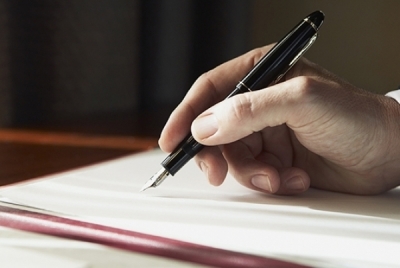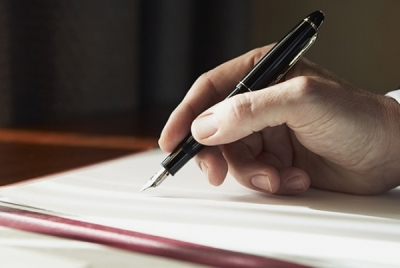
Palestinian Antiquities Gallery

The UNESCO Palace hosted from the 2nd till the 5th of November the Exhibition of Palestine’s Recovered Antiquities, an event organized by the Saadeh Cultural Foundation and the Social and Cultural Development Association (INMA). The exhibition displayed 39 Palestinian artifacts that the associations were able to recover from public auctions in the US. Speeches were delivered on this occasion by a number of archeologists and experts and a catalog featuring the antiquities was distributed to the attendees. Below is the catalog’s introduction:
“I know not whether my native land be a grazing ground for wild beasts or yet my home!”
Anonymous poet of Ma’arra
From the invasion of the Franj (Crusades) to the discourse on the clash of civilization, the policies of western governments have been guided by the so-called ‘white man burden’ as a pretext to conquer. Admittedly, we ourselves have not been kind in preserving our cultural heritage. However, it is always better late than never. The terracotta of the Levant, China, Egypt and South America shows that we are one on this earth despite all the bloody conflicts and wild beasts. Israeli General Moshe Dayan had a vast collection of antiquities whose acquirement remains controversial, even within the Zionist state. Yet these artifacts were kept nestled and later even bought by the Israel Museum, noting that Dayan had gifted some of them to a number of friends including Paul and Helen Zuckerman and Irving Bernstein. These artifacts were later put up for auction by the heirs of those friends. It is reported that in addition to employing a number of Palestinian Bedouins to excavate, Dayan also ordered Israeli soldiers to participate in his expeditions. Ample documentation has shown that not only in Palestine, but also in the Sinai Peninsula, the Golan Heights and South Lebanon, the Israeli army took part in and facilitated the excavation and the smuggling of antiquities from those areas. Dayan not only felt entitled to give and receive Palestinian antiquities as gifts, but in total disrespect to their historical symbolism, he signed and dedicated them. Cognizant of this problem, The Saadah Cultural Foundation (SCF) and the Social and Cultural Development Association (INMA) would like to shed light on this matter before more of our heritage is uprooted from its historical context and exported to the world. This comes at a time when our culture is being plundered in Palestine, Syria and Iraq. To this end, we have acquired what has been described as “The Moshe Dayan Collection” on the 3rd and the 26th of November, 2012 from two public auctions in the United States of America. Since the early 17th century, with the arrival of missionaries and archaeologists and later with Napoleon’s conquest of Egypt and the antiquities of this region have been subject to plunder. With the looting and destruction of Iraq’s National Museum in 2003, and more recently of the Mosul museum and the ruins of Nineveh, Palmyra, Maarrat al-Nu'man, Aleppo and many others, the negligence of Arab governments has compounded this abuse of our regional heritage. Despite numerous treaties and attempts to control the looting of antiquities and retrieve lost items, artifacts from Egypt and the Levant are still very much present in museums and auction houses abroad. From the British Museum, to the Louvre, Pergamon and the museums of Istanbul, statues, tombs, and other art objects displayed originate from the ancient cities of our region. Sadly however, these treasures are more likely to remain better preserved in those countries than in the countries that hosted their own civilization. Concerns for political aims, financial profit, or real estate development have overshadowed the importance of our cultural heritage.
Cognizant of this problem, The Saadah Cultural Foundation (SCF) and the Social and Cultural Development Association (INMA) would like to shed light on this matter before more of our heritage is uprooted from its historical context and exported to the world. This comes at a time when our culture is being plundered in Palestine, Syria and Iraq. To this end, we have acquired what has been described as “The Moshe Dayan Collection” on the 3rd and the 26th of November, 2012 from two public auctions in the United States of America.
Related




